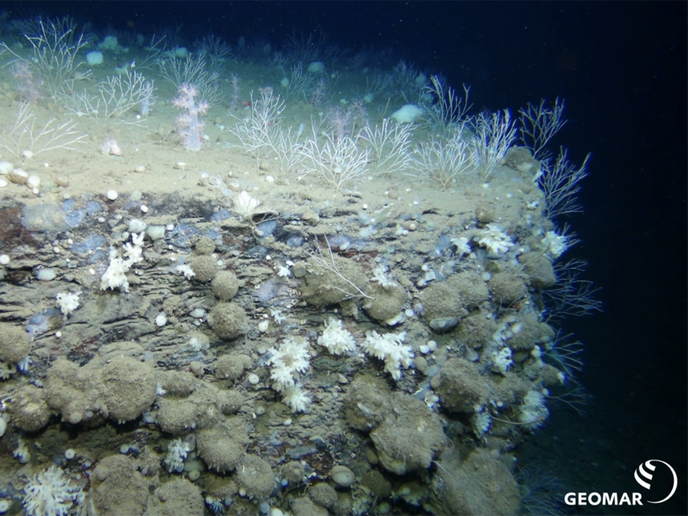Environmental governance in Latin America
Latin American and Caribbean (LAC) countries have become important to debates about global environmental issues. Simultaneously, the region's social and environmental problems have led to further debates about developmental models, democratic decision making and human-nature relations. The EU-funded project ENGOV (Environmental Governance in Latin America and the Caribbean: Developing frameworks for sustainable and equitable natural resource use) examined factors affecting environmental governance in LAC countries. The study considered obstacles and possibilities for sustainable production systems able to foster economic development while also reducing poverty and regional environmental degradation. The investigation covered nine main themes. Researchers analysed recent initiatives and explored options for institutional innovation on the subject of natural resource use. The team considered formal and informal arrangements for natural resource use, including social perception and implementation. The project met its objectives of producing the scientific knowledge that regional stakeholders need to evaluate the environmental management situation and to implement alternatives. The studies outlined progress and problems to the theme subject, including new discourses on nature-society relations and local community actions. Other topics included new actions for environmental protection and redistributive reforms based on natural endowments. ENGOV also addressed various topics of concern, including three particular challenges: promoting democracy, fostering food and land security, and the need to protect ecological integrity. Results include numerous case studies and synthesising analyses, including around 100 peer-reviewed papers. Other publications include working papers, articles and books. The project's main output was a book on Latin American environmental governance, published in English, Portuguese and Spanish. Project results were widely disseminated among relevant stakeholders via public meetings, opinion articles, policy briefs, newsletters and online training courses. Other dissemination activities included the project website and a special collection on the project's topic in an online library reading room. The ENGOV project helped bring a new view of environmental management options to the LAC region. The work will help affected countries work together, simultaneously addressing environmental and economic problems.
Keywords
Latin America and the Caribbean, environmental governance, natural resources







